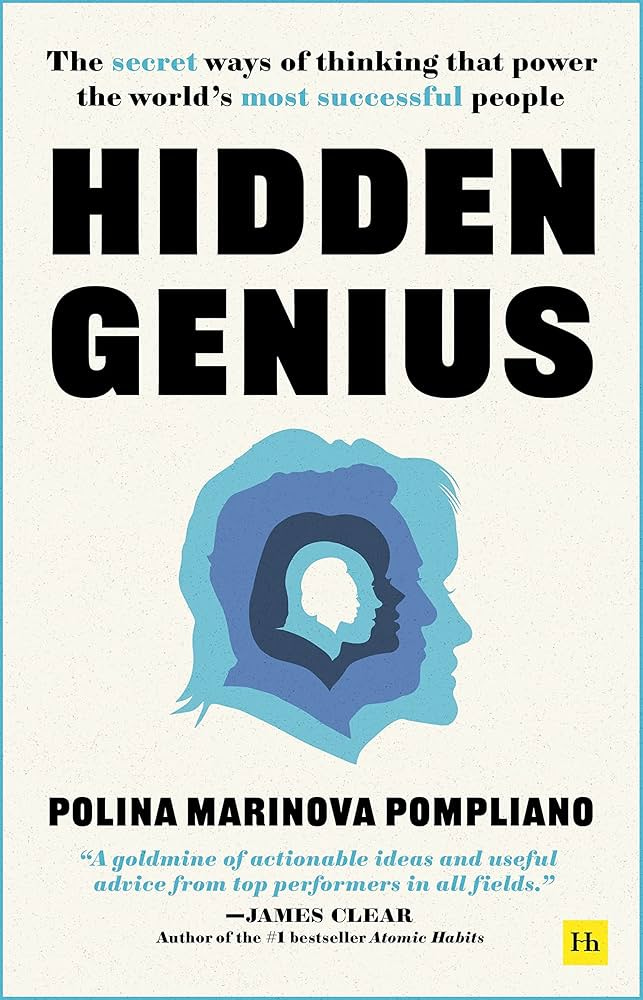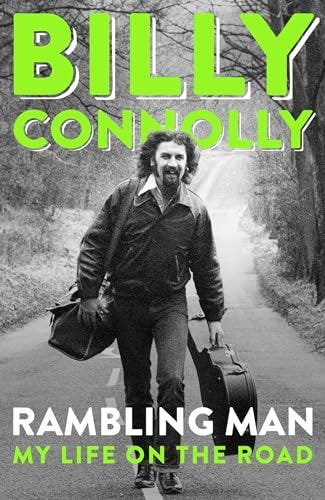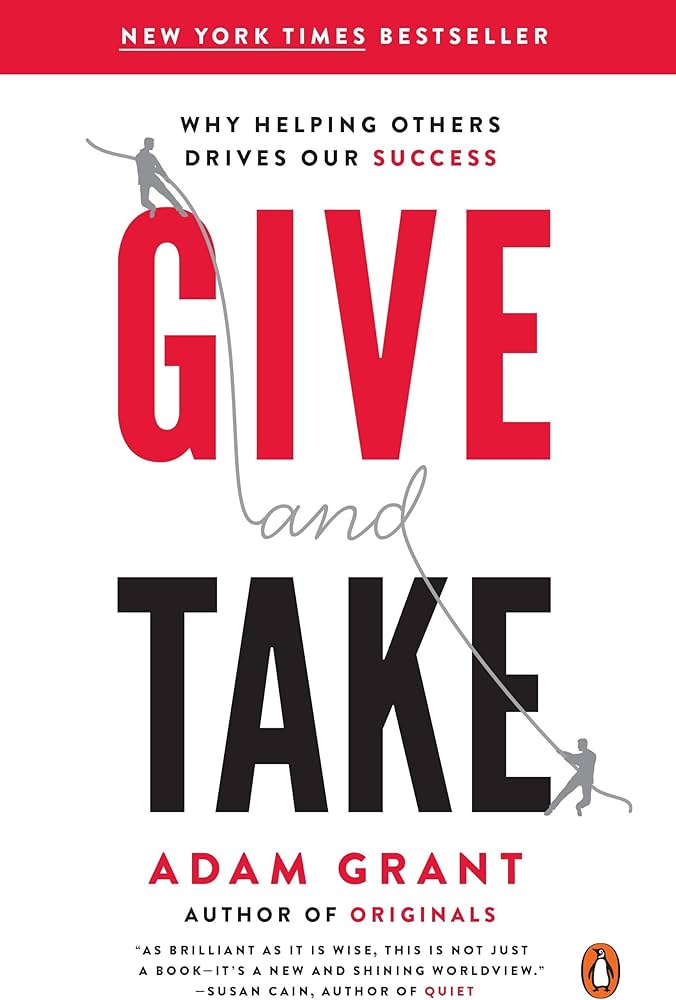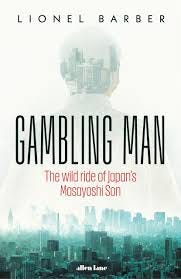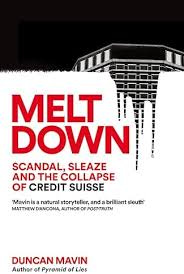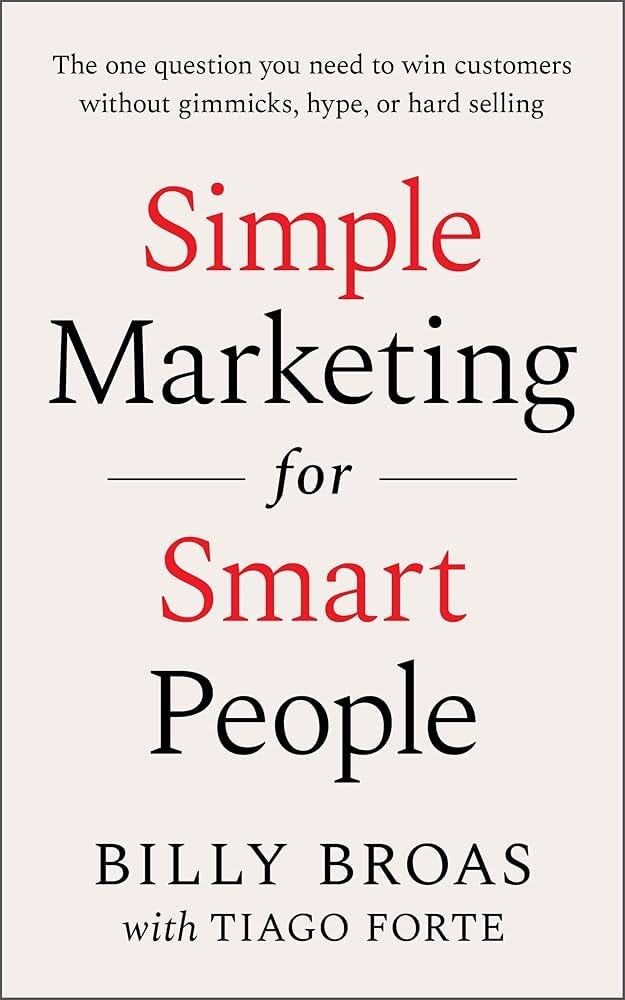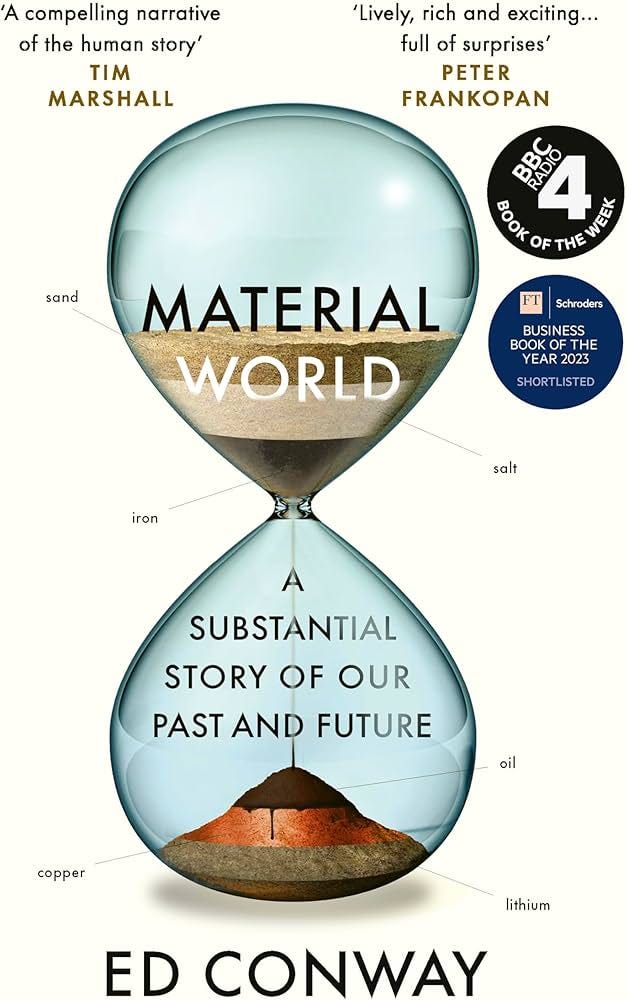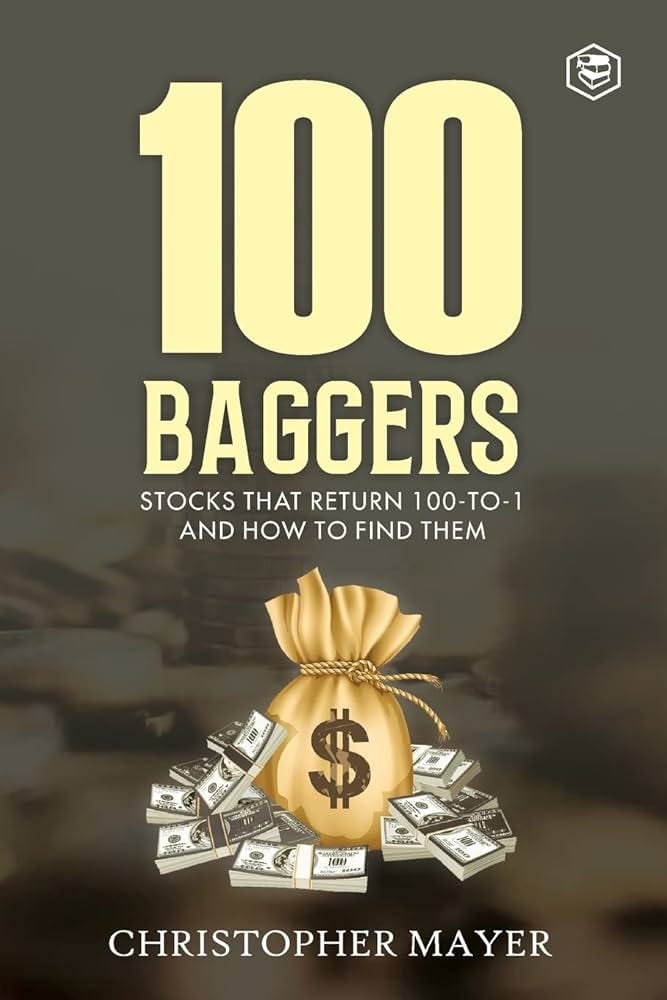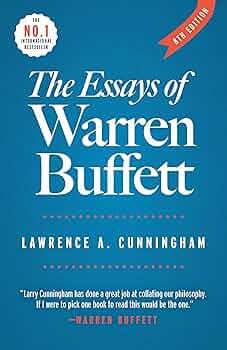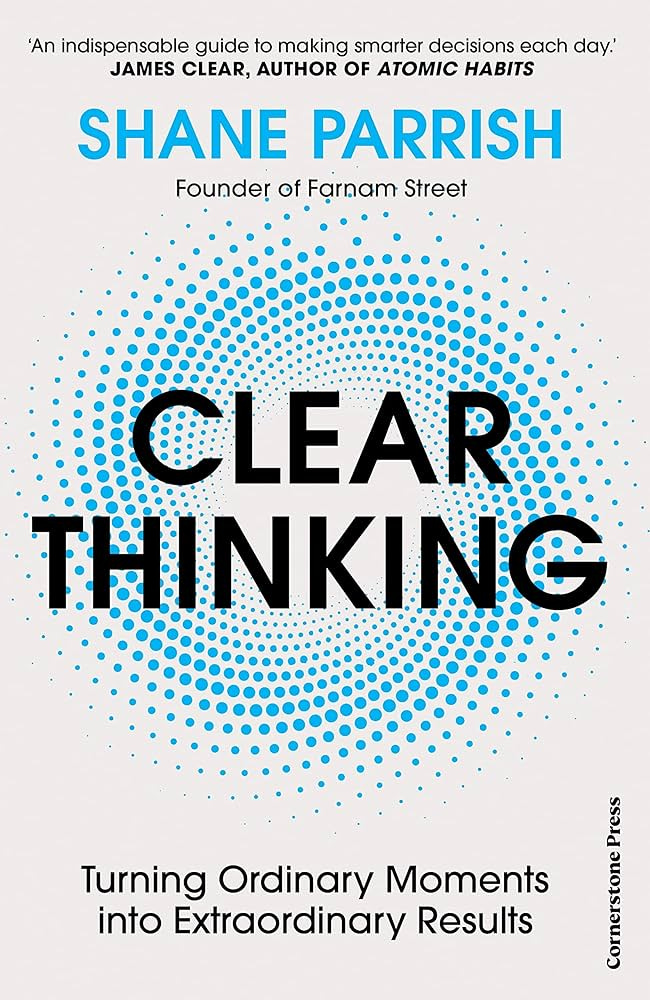My 2024 Reading Journey: What 36 Books Taught Me About Investing and Life
Lessons and insights from the books that inspired, informed, and entertained me this year
This post is in two parts. At the bottom are the books I read in the first half of this year which were originally reviewed in the August 4 Substack piece – many of you have joined since and may find these of interest. Regular readers can skip these and I first cover the books I read in the second half of the year.
Some are brilliant reads, some less so. I have been trying to read more books and I started 2024 well. On a business trip to the Middle East, I read a few books but my subsequent reading was quite podcast focused and that continued into H2. When I interview an author, I always like to read their books first, and I have done several in 2024 – the photo of the podcast reading omits a couple of books I read on Kindle, notably Chris Mayer’s 100 Baggers. (It also and includes The Bill Browder books I read in 2023 for the podcast in 2024). Many of the books are older, I struggle to read everything when the book comes out.
Podcast Reading
Again in no particular order, here are my reads of the second half of 2024. Read on if you missed the original post, and paying subscribers can read on for my top pick. Next week, a return to more normal service with a chip stock recommended by the former partner of one of the world’s best performing hedge funds (almost certainly a top 3 equity fund over almost any timeline) which has since fallen by c.20% - learn why and if it’s an even cheaper opportunity.
The Rest
If you had a New Year’s resolution to learn about investing or improve your performance, perhaps I can help. My Analyst Academy Course will teach you everything you need to become a proficient analyst and investor. Hundreds of satisfied customers have been delighted with the results which range from over $1m added to performance in the first year to a new job as a partner in a hedge fund. I cannot promise you those results, but I guarantee you will be satisfied and you can ask for your money back in the first 30 days if not. And as a New Year offer, you can get 10% off with the coupon code FREE25.
Paying subs get an even better deal - go to end.
2024 H2
Chip War: The Fight for the World's Most Critical Technology
Chris Miller
Brilliant account of the development of the semiconductor industry. The only criticism I could make is that I would have liked a bit more explanation of who does what in chips today, but that would have dated the book and it's unfair as the book is clearly not intended as a guide for lay investors and analysts, although it does an excellent job of that. My favourite stat from the book was that China imported $260 bn in chips in 2017, more than Saudi's oil exports or German exports of cars. A great book, which I wish had been published in 2017 when I started researching the industry.
Shocks, Crises and False Alarms: How to Assess True Economic Risk
Philipp Carlsson-Szlezak and Paul Swartz
This is designed as an economics textbook for CEOs and it does a pretty good job of explaining how the economy works and its cycles, and how markets work on different but related cycles - for example, it includes the difference between real world recessions and financial recessions. The authors, economists for consulting group BCG , explain what a period of higher inflation means and how to negotiate it. Throughout the book, they cast a sceptical look at hysterical press headlines and explain that it's important to maintain an optimistic bias. It's all pretty sensible but I cannot say that I learned a huge amount and I doubt it will be a best seller. Coming up in my planned new book podcast.
The One Thing: The Surprisingly Simple Truth behind Extraordinary Results
Gary Keller
This book has been a multi best seller but I was left disappointed. I didn't really learn much NEW which is surely the point of a book like this. I took only 5 notes which is much less than I would normally for a book purchased to educate myself. One of those, which admittedly was quite interesting, was a discovery that it takes 66 days to entrench a new habit. This is the sort of factoid I would expect from a newsletter, rather than a 238 page book. Notable was that it took me longer to read this than a couple of other books I read straight after, which I enjoyed more and learned more from. This book is rather over-rated in my view. As for the sub-title.…simply focus.
Hidden Genius: The secret ways of thinking that power the world's most successful people
Polina Marinova Pompliano
Brilliant book, focusing on different ways you can differentiate yourself from the pack, using examples from some of the most gifted people in the world. It's not really an instruction manual on how to be brilliant but it's the sort of book which inspires you and which I can see myself returning to time and again - how did Lewis Hamilton improve his craft, that sort of thing. The people she cites as examples are an amazing group - everyone from Shopify's Tobi Lutke to Brandon Stanton who created the Humans of New York Instagram. It's also beautifully written - she is a former Forbes journalist and you would have no idea she came to the US aged 9, not speaking English. Coming up soon in my planned new book podcast.
Perennial Seller: The Art of Making and Marketing Work that Lasts
Ryan Holiday
Excellent study of how to produce great work and then market it. I read this as I contemplated a second book and the author's advice has certainly made me rethink my strategy. Above all, he emphasises creating great work, and then ensuring it sells by spending as much time marketing it as on its production. He emphasises the importance of having a platform (an email list) to reach your audience directly. He also highlights the so-called Lindy effect, a factor which I think is transferable to investing: something which has been around for 40 years is likely to be around in another 40 years. Something which has been around a month, not so much. If you are an aspiring author or similar artist, this book is highly recommended, but I imagine it has limited appeal beyond that.
Rambling Man: My Life on the Road
Billy Connolly
Connolly is a story teller without equal and he can also write. I really enjoy his books, perhaps not as much as his TV programmes, but they are still excellent. He has a vast compendium of stories and he is an observer without equal. I used to love his live shows; the last time I saw one was in the Royal Albert Hall and I laughed so much it was painful. The books couldn't possibly be as good as that, but they are certainly enjoyable. I met the Big Yin once - he was smoking a cigar in that shop in St James. We chatted for half an hour and I made the mistake of going back to the office instead of heading down to the Lanesborough Hotel with him for a drink. Stupid.
The Event-Driven Edge in Investing: Six Special Situation Strategies to Outperform the Market
Asif Suria
I am not sure where I came across this book and I was hoping for something more in-depth on event-driven. It turns out to be a simple manual explaining merger arbitrage, insider transactions, stock buybacks, SPACs, spinoffs and management changes. I had expected only the first and penultimate categories and was hoping for much more detail. This is a perfectly good book for a newcomer to equities or to such strategies but it didn't help me much.
Give and Take: Why Helping Others Drives Our Success
Adam Grant
Nicolai Tangen rated this so highly that I immediately bought 3 of Grant’s books. This was the first I finished and it's an astonishingly in-depth and fascinating account of the difference between givers, takers and matchers. Bottom line will be no surprise to Munger and Buffett acolytes - being selfless, giving to others and helping without any possibility of personal gain makes for a more fulfilling life but often leads to greater success in business too. The author explains it doesn't always lead to success and needs to be combined with discipline and focus. I thought it well worth my time and energy to try to implement the suggestions.
Money Makers: The Stockmarket Secrets of Britain's Top Professional Investment Managers
Jonathan Davis
I bought this book because Sebastian Lyon recommended it in our podcast. It's quite old, originally published in 1998, but it profiled Ian Rushbrook, Sebastian's predecessor manager of the Personal Assets Trust, and I was intrigued to learn more about him. I was also delighted to see that it also profiles Anthony Bolton and Colin McLean, both of whom I know. (I interviewed Anthony in November at the Library of Mistakes and Colin came along – I didn’t realise they knew each other and often used to own the same stocks). I was also keen to read about Nils Taube. As long as you are prepared to accept that this is written about a different age in markets and to glean what has not changed, it's a worthwhile read.
Gambling Man: The Wild Ride of Japan's Masayoshi Son
Lionel Barber
This is a great read and offers an in-depth analysis of the career of Softbank's Masa Son. His is an extraordinary rags to riches tale, and its well portrayed by Barber, who is an outstanding journalist, as you would expect from a former editor of the FT. It was less openly critical than I had hoped, perhaps the author had imbibed too many glasses of Son's favourite tipple - Domaine de La Romanee Conti. Berry Brothers has this at £9k per bottle (not a misprint - a case is over £100k).
I felt that on the Vision Fund, Barber could have dug even deeper and uncovered some of Softbank's more curious practices, but I cannot fault the extraordinary degree of research. Barber has interviewed anybody and everybody connected to Softbank. It's a really enjoyable book and somehow you feel on Son's side, in spite of the fact that Alibaba may have been a lucky accident - that aside, he hasn't generated the value that a genius tech entrepreneur, armed with his gearing, should have in the last 30 or so years.
The Money Trap: Grand Fortunes and Lost Illusions inside the Tech Bubble
Alok Sama
I interviewed Sama for the podcast after reading an extract of the book in the Sunday Times. The extract was better than the book and our interview was disappointing with Sama waxing lyrical about Masa Son and not seeming to understand the issues investors perceive around Son and Softbank. I much preferred Barber's book. A review by a fintech newsletter writer, Julien Brault summed the book up “if I were his editor, I would have cut some of his pompous prose”. Another commented “the author does wander off to show off his own smarts a bit too much.” Worth reading for an inside peek at the Softbank empire, but slightly irritating.
In Case of Emergency
Mahsa Moheball
A fast paced and at time bewildering race through a day in Teheran seen through the eyes of a rich young woman who is a drug addict. It's a weird book but provides an interesting glimpse into the lives of the rich in Iran and into the behaviour of an addict whose sources of supply are disappearing. There is one priority - get more supply and steal if you need to. The notes on the translation are particularly good but it's a difficult book.
Investing against the Tide: Lessons from a Life Running Money
Anthony Bolton
Excellent account of the lessons Bolton learned about picking stocks, meeting companies and analysing businesses and market sentiment. He is one of the top equity investors of all time with a 6% pa outperformance over 28 years and there is much practical wisdom and many learnings here. I read it a second time just before interviewing him for the podcast and it was as enjoyable and helpful second time round. Highly recommended.
The Uncomfortable Truth about Money: How to Live with Uncertainty and Think for Yourself
Paul Podolsky
Paul used to work for Bridgewater so he knows about money. He left to pursue a solo career as a writer and investor and has recently launched a hedge fund. This is his third book and it is the perfect gift for a young person leaving home. It clearly explains all aspects of money which occupies an important role in almost everyone's lives.
Paul explains a common sense approach which will help you accelerate your salary progression in your career, save the right amount and plan for the future. He covers everything from the right amount of cash to keep as a safety net to how to negotiate office politics and ensure you don't get screwed over. Financial literacy is an overlooked skill which we should teach better and this book will make up for my deficiencies in this department - both my kids will be getting a copy. Coming up soon in my planned new book podcast.
Talking to Strangers
Malcolm Gladwell
Outstanding book on the topic of communication and much more. Only Gladwell could write this book. Real genius and much here to make you think about society, especially in the US. And surprisingly, there was something here of direct interest to investors - all that time I spent looking for signals from management's body language in meetings was probably wasted. I never felt that it was one of my strong points anyway, but the book came a bit late for me.
The Humble Investor: How to find a winning edge in a surprising world
Daniel Rasmussen
I have been a big fan of the Verdad Advisers founder's writing for some time and this book did not disappoint. Short and punchy, I made lots of notes, found much that I agreed with and learned a lot also, which isn’t that common for me with investing books. Dan is relatively young but incredibly thoughtful and he questions the received wisdom here. I am on the same page when it comes to private equity and private credit where is critical. I also liked his multi-asset approach. Worth reading.
Meltdown: Scandal, Sleaze and the Collapse of Credit Suisse
Duncan Mavin
Really enjoyable account of how Credit Suisse failed – gradually, then suddenly. Everyone – except, it seems, the company’s boardroom – knew that Credit Suisse was a crap bank, with loose controls, run for the benefit of its employees rather than its shareholders. And the catalogue of frauds and failures from Mozambique’s tuna bonds, to Greensill and finally Archegos, makes for both entertaining but also sobering reading. The one general takeaway is that you should avoid investing in companies whose CEO’s office has a revolving door. Recommended reading.
Pause to Think: Using Mental Models to Learn and Decide
Jaime Lester
An excellent introduction to the concept of mental models and the effect of behavioural biases. The author, who teaches at Columbia Business School and is a former hedge fund practitioner, explains five concepts - cognitive biases, the humanities, investing and science, economics and business and probability and statistics in an engaging and practical way – think of this as a text book on how to think. He then reviews the practical application of the concepts to life, along five frameworks – decisions, learning, understanding, investing and happiness. This is a great book for a young student trying to learn, but I didn’t learn anything new.
Surviving to Drive: A Year Inside Formula 1
Guenther Steiner
A light hearted romp through a year in F1, as seen through the eyes of the principal and founder of the smallest team. Steiner is a tough cookie and he explains the occasional highs, and more frequent lows, experienced by the smaller teams. If it can go wrong, it usually does, and it’s not just the car and drivers – even the cargo transport for the first testing gets stranded. But the real story is that F1 is growing and what comes through is an insider’s confidence in the sport. I have written about the stock fairly recently and this gave a slightly different perspective.
Simple Marketing for Smart People: The one question you need to win customers without gimmicks, hype or hard selling
Billy Broas with Tiago Forte
Billy Broas is a marketing genius. I am a customer and now a friend. The book gives a simple but proven formula to market high-value coaching products to knowledge workers, although it has a much wider application.
Billy teaches you how to think of yourself as a trusted merchant and to explain to the world why your product can transform your customers’ lives and remove a pain point. For me, that involves explaining why an understanding of financial statements is essential to ensure you own a quality portfolio, and then telling customers why I am uniquely positioned to help them achieve that understanding. Simple.
Even if you don’t have a business, buy the book to understand marketing better. Co-author Tiago built a multi-million coaching business using these principles and explains how.
On the Hunt for Great Companies: An Investor's Guide to Evaluating Business Quality and Durability
Simon Kold
Kold has 10 years’ experience as a practitioner and has put together an impressive framework for evaluating company quality. He explains how he measures characteristics like passionate management, staying power, reinvestment options and dependency risks. This is a great book for young equity analysts to use to develop their own frameworks for understanding businesses and their quality.
The book omits valuation and I found some of the “drill down” boxes intended for professionals to be almost too detailed. Many of these techniques were far more in-depth than I employed when I was at the hedge funds, but perhaps Kold needed to go deeper as he was seeking quality companies to own for the long term – his bio indicates he was involved in 13 investments in just under 10 years. There are too few books like this catering for the professional analyst, as many readers told me when I published The Smart Money Method.
Inside Mercedes F1: Life in the Fast Lane
Matt Whyman
A behind the scenes look at the Mercedes F1 team by a well-known journalist. Inevitably, the fact that Mercedes has probably commissioned the book or given the author access to the entire team - from drivers Hamilton and Russell and one-third owner, billionaire Toto Wolff, down to the team photographers and social media managers - colours the portrayal. There is not a critical word about Mercedes.
Even so, the discussion of the different team elements from the social media directors to the aerodynamicists, engineers and pit crew paints a fascinating picture. The logistics alone are mind-boggling - 18 trucks are required to transport the hospitality unit alone. With a clear objective and fortnightly KPI measurement, this is truly a cohesive team and the investment takeaway is that company culture is really important. But we knew that.
Paying subscribers who have read the August 4 post on H1 books should scroll to the end for exclusive content.
2024 H1
Material World: A Substantial Story of Our Past and Future
Ed Conway
A look at 6 substances which define our world today. Without them, our lives would be very different, yet we take them for granted. Conway looks at the history of their use, why they are important and how they are produced. He has travelled from Chile to Australia to better understand their origins, paints a rich picture of why we are so dependent on them and discusses their likely future. I loved how he explained scale and his emphasis on geography. I had no idea that the chip in my phone had circumnavigated the world more than once. Lots of factoids to impress your colleagues.
Stirling Moss: The Authorised Biography
Robert Edwards
I am a huge fan of Moss and I expected great things from this book. I was disappointed. Too often, books like these end up as simply a catalogue of the races. This had a little more but given the author spent considerable time with Stirling, I think he could have done a better job. There were references to Stirling's character and a few anecdotes but I had hoped for a greater insight into what drove the man. Amusingly, the author is an advisor to a hedge fund.
I met Moss once - Simon Kidston was translating for him at the Mille MIglia as he answered questions from a class of school kids. The only time I have every asked for someone’s autograph - I still have it. My Mille Miglia press pass signed by Stirling is in a frame on my bookshelf. You can just about see his signature above my name in the bottom panel.
100 Baggers: Stocks that Return 100-to-1 and How to Find Them
Chris Mayer
A simple and enjoyable study of stocks which had returned 100x. Naturally, these need very long holding periods and an extended runway for growth - they also require extraordinary patience from the shareholder. The common themes discussed are fruitful areas for exploration for the next 100-bagger; and of course, you only need one of these for your portfolio to produce an exceptional result - and it need not even hit that magic number. I recommend this and I only wish Chris would update it.
For more on this, listen to my podcast with Chris.
How do you Know? A Guide to Clear Thinking about Wall Street, Investing and Life
Chris Mayer
After re-reading 100 Baggers and when doing my prep, I realised Chris had also written this book on General Semantics. This is a worthwhile read for any investor as it's full of common sense wisdom. ""We don’t really know what makes a company great. We don’t really know most of the things we think we do. Therefore, to clarify your thinking, you must learn to distrust (and question) cause-and-effect analysis"" is a typical quote. This book is certainly an aid to clearer thinking. See also Ergodicity which is similar in some ways.
Extra Time: 10 Lessons for Living Longer Better
Camilla Cavendish
I enjoy Cavendish's column in the FT which is always full of common sense. In this book, she tackles the seemingly impossible problems of what to do about the growing number of old people in society and the increasing incidence of dementia, and looks at how we can exploit new scientific understanding to resolve them.
Cavendish traverses the world, speaking to a wide range of interested and interesting people, from scientists to social workers, and studies unconventional solutions to create better environments for old people. She highlights that as we live longer lives, it's crazy not to exploit the skills of those who have passed retirement age but whose experience and wisdom are valuable to society. This is a great book which offers real and practical solutions and should be compulsory reading for politicians.
Responsible Investment
Will Martindale
This book was written to promote the author's consultancy. It's a personal account of issues relating to responsible investment, more ESG than climate change and I didn’t learn that much. I didn’t finish it, so I am probably being uncharitable. I would recommend you read Bill Gates' book instead, as the story of what has happened so far in SRI/ESG (as covered by Martindale) is less important than the future action required which Gates summarises brilliantly.
The Unaccountability Machine: Why Big Systems Make Terrible Decisions - and How The World Lost its Mind
Dan Davies
I bumped into Dan recently and was reminded at how smart he is. This is his second book. I also really enjoyed his first book, Lying for Money, which explored financial crime and drew inferences for our world today. His new book is equally enjoyable and as thoroughly researched but is on a subject that I didn’t even know was a subject.
Dan examines why markets, institutions and even governments systematically generate outcomes that everyone involved claims not to want. He sees organisations as a form of artificial intelligence which create undesirable outcomes and then to avoid having to take action after the inevitable complaints, build an “accountability sink” to absorb unwanted negative emotion.
It’s far too difficult for me to explain, but if you run a large organisation, this is compulsory reading. For everyone else, it’s simply an enjoyable romp through a series of anecdotes about “the system”. Except there isn’t one. Just buy the book, you won’t be disappointed.
Public Success, Private Grief
Peter Cowley
An account of Cowley's life, his experience as a businessman and angel investor and the harrowing story of his personal life. I didn’t enjoy the book, reading an early and still to be edited draft, mainly because the multiple tragedies he experienced were painful to read about. How he lived through all this and remains cheerful is beyond me. Better to listen to my podcast.
The Invested Investor
Peter Cowley
I skimmed this as prep for my podcast interview with the author and I wasn’t much taken with it. If you know nothing about angel investing and want a guide, this might be useful.
The Essays of Warren Buffett 8th Edition
Lawrence Cunningham
This wasn’t my first reading of Cunningham's collection of Buffett’s wisdom. He updates the book every few years to incorporate the great man's latest writings and thoughts. The first time I read the book I thought it was superb and a better way of accessing Mr Buffett's thought process than reading the letters consecutively (which I have also done).
I read the book as preparation for my podcast interview with Larry and I was surprised at just how much I enjoyed it. I called Buffett's writing “poetry for finance geeks” in my conversation with Larry and he agreed wholeheartedly. This is compulsory reading for any investor, young or old. I was surprised to hear from a client who is the principal of a $2bn hedge fund that he was reading the latest edition at the same time. Yong or old, experienced or amateur, you must read this book if you want to become a better investor.
Same as Ever
Morgan Housel
A selection of Morgan's blogs and additional writing on the theme of what doesn't change. Likely inspired by Jeff Bezos' insight that there are some things which won't be disintermediated - customers will always like good service, fair prices etc. This is a nice selection of stories, short and sweet with some useful lessons, although I cannot say I learned much new of any significance.
Ergodicity
Luca Dellanna
Slightly along the lines of Taleb, but easier to read and digest. This is a short and sweet book which was kindly gifted to me by Guy Spier. Ergodicity is a fancy name and I am not sure that I can simply explain it, best read the book. But there are some useful learnings, beautifully illustrated with clever examples. In life, aim for the long term; remember winners must first survive; and often survival is the most important objective. Useful for investors.
Clear Thinking
Shane Parrish
Shane Parrish is a genius. His weekly email is a joy, as is his podcast, and this book distils his thinking brilliantly. More than a series of decision-making tools, this is a guide as to how to live a meaningful and fulfilled life, with less stress and better relationships - it's like a compass, although the over-riding message is that you need to know where you are going if you want to get there.
Amazon affiliate links proceeds go to my podcast’s charity, Duchenne UK.
The Long Good Buy
Peter Oppenheimer
Excellent analysis of market cycles by the Goldman Sachs European strategist. He explains why market cycles exist and analyses what happens in different economic and investment cycles. He reviews the characteristics of bear and bull markets and gives some useful data on all these topics which should make it easier to understand where you are at any point; most important, that can help you determine whether the probabilities are in your favour – this is not a recommendation for market timing, but the market phase should influence stock selection also. This is more a book aimed at professional investors and is probably not for novices.
Any Happy Returns
Peter Oppenheimer
Another excellent analysis of market cycles by the Goldman Sachs European strategist. In his follow up book, he looks at extended super cycles and explores more macro economic themes rather than specific bond and equity themes and concludes with a perspective on the outlook. His explanation of 5 cycles since 1982 until Covid is an excellent way for a younger investor to understand what happened in different phases of the stockmarket's post-1982 bull run. Like his first, this is not aimed at for novices, but this one is perhaps more approachable.
Amazon affiliate links proceeds go to the podcast’s featured charity, Duchenne UK.






